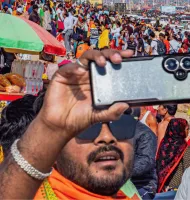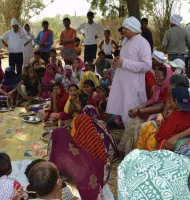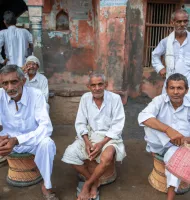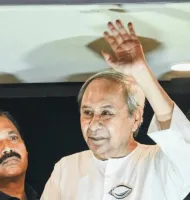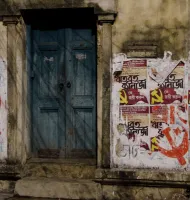Politics in India
Donate to 'The India Forum' to meet 6 months' expenses
Our apologies for intruding. Please spare a couple of minutes.
We are running a campaign until November 1 to raise Rs 30 lakhs to cover six months of our expenses in 2025-26.
The India Forum is a reader-supported publication. We are independent because your donations help us meet our costs.
Our half-yearly budget of Rs 30 lakhs will help us cover everything for six months—web hosting and upkeep, payments to authors and photographers, software subscriptions, and salaries. Please donate generously.



